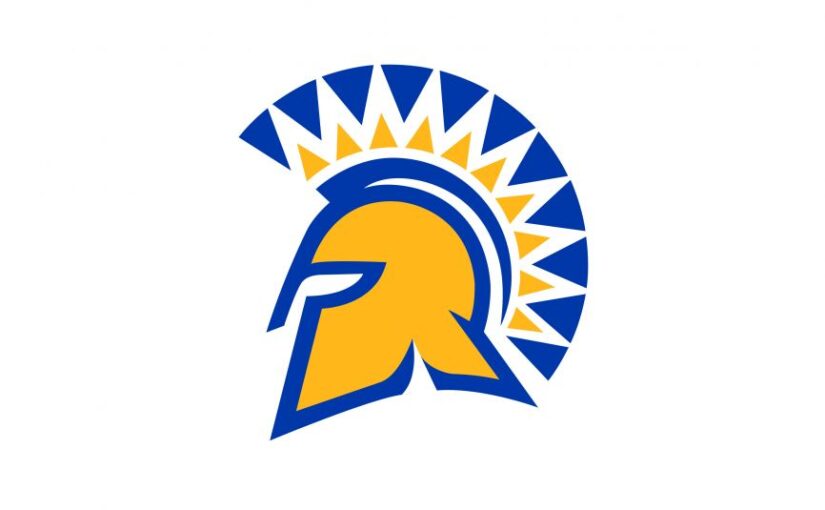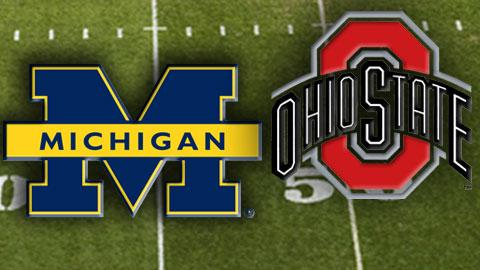The role of summer camps in recruiting
The recruitment process in Division I intercollegiate athletics is filled with rules, regulations and can completely take over a coach’s life. Further, it is vital that coaches become proficient in the recruitment process to gain the best athletes. The best athletes are necessary to have success on the playing field. A coach must be successful on the field to gain the best recruits. In essence, recruiting is a never-ending cycle that can dominate a coach’s life.
Due to this cycle, coaches are often looking to find any edge in the recruitment process. One way to gain that edge is to find athletes that other coaches may not have heard of or have been overlooked. In addition to the well-known recruitment areas, such as travel or club teams, coaches have now begun to identify athletes in the summer sport camps that universities administer each summer.
Twenty-five head and assistant coaches, including six recent national champion coaches, were interviewed about their experiences with the recruitment process (they were promised anonymity for their candid answers). While the coaches discussed many different topics, a hot topic revolved around identifying players to recruit at their own summer sport camps.Positives Of Summer Camps
A head coach of a very successful women’s soccer team mentioned using the summer camps that he ran as a tool for identifying potential athletes. He says that, “We have a soccer camp and we’ve seen some seventh and eighth graders that we think are wonderful players, so we start a file on them. And then by the time they are sophomores…if we think they are elite enough, and they have an interest in us, we have no issue with recruiting them by the time they’re sophomores.”
This coach feels strongly that the summer camp that he runs at his university is very instrumental in identifying athletes that he intends to recruit. He is able to identify athletes that are as young as the seventh grade, which he views as instrumental to his success.
Similarly, a track and field coach from an influential conference says that summer sport camps are beneficial to coaches, however, he also believes that these camps could be beneficial to athletes because they are being seen by collegiate coaches and gaining exposure. He says, “In today’s day and age, everything’s all about exposure. You know they’re even hiring agencies to put their name out there, so anytime they can get out and showcase their abilities and their talents in front of college coaches — it’s going to enhance their chances of being seen and possibly (earning) a scholarship down the road.”
In the track and field coach’s view, summer sport camps are a win-win situation. The coaches are able to see how athletes interact with their coaching staff and other athletes, see first hand that athlete’s abilities and evaluate his or her potential. These camps also are beneficial for the athletes because they are gaining exposure and college coaches are able to see their skills.
Similar to the track coach’s views, a head football coach from one of the country’s top Division I BCS football programs feels very strongly that summer sport camps are an excellent way to identify potential athletes to recruit. In discussing the importance of summer sport camps, the football coach says the camps are, “Very important because players are making their decisions before they even begin their senior year in high school. And so your ability to get to know them comes via the camps.”
Downside Of Camps
Not all of the coaches, however, believe that the summer sport camps run by universities are tools for identifying athletes. A men’s assistant basketball coach, for a mid-major team, says that the purpose of these camps is not for identifying athletes but for making money and teaching athletes in the community.
This coach says that he primarily identifies athletes through travel and club teams, thus he does not need to use summer sport camps as a means of recruitment. In his opinion, these camps are run to make extra money for the basketball staff and program or as a service to the young athletes in the community.
Focus For Coaches
The findings in this study can be of assistance to coaches, parents and athletes during the recruitment process. Coaches should focus on these two things:
- Hold summer sport camps. These camps are a wonderful arena to identify potential athletes for your university. Since the athletes sign up to come to these camps, they most likely have an interest in that university’s program. Coaches can capitalize on this by using it as an opportunity to begin selling their university to the potential recruit.
- Be honest about motives of the camp. While most coaches believe that the summer sport camps were great recruitment tools, there was at least one coach who felt that the primary reasons coaches hold these camps was to either make money for the coaching staff or to provide a service to the community. Regardless of the reason for holding these camps, it is important that coaches are honest about the purpose of these camps.
The athletes and parents appreciate the honesty and are not going to be disappointed or feel misled by the coaches. Being honest helps coaches later on if they choose to recruit an athlete that had attended the camp.
The role of summer sport camps in the recruitment process cannot be downplayed, and coaches and athletes need to treat this arena as an important aspect of recruiting.
One thought on “The role of summer camps in recruiting”
Leave a Reply
You must be logged in to post a comment.






My brother wants to be a good football player and improve his skills this summer. It was explained here that summer camps can help enhance his skills. Furthermore, it’s recommended to consult experts when considering summer athletic performance camps.